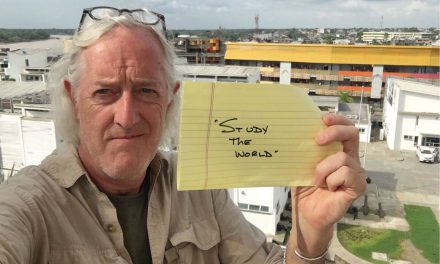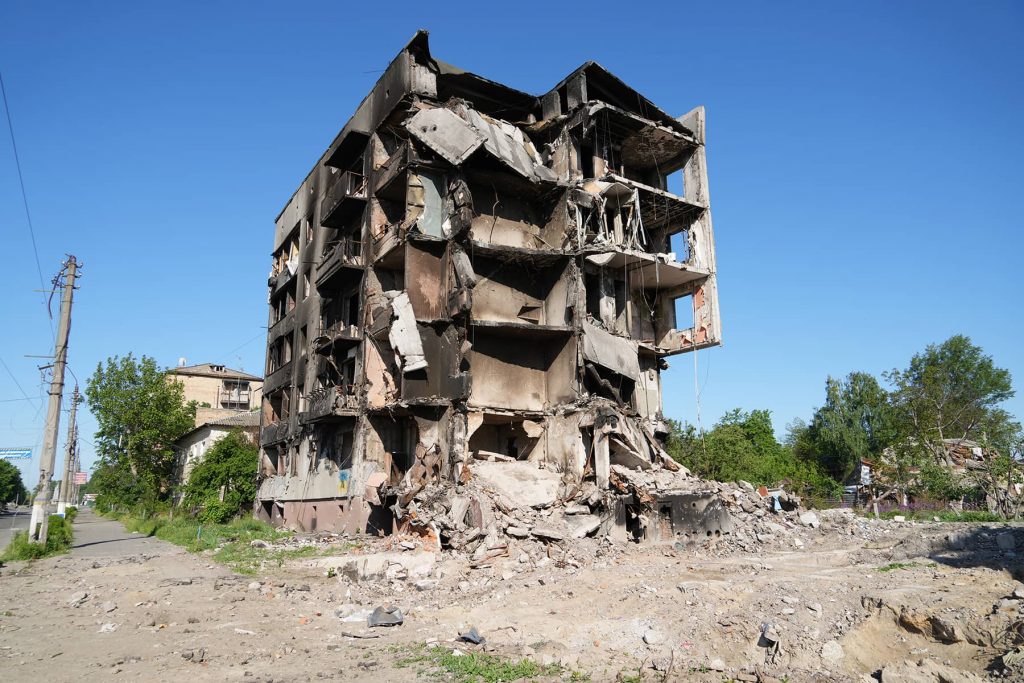
There’s no way around it. COVID-19 is one of the single worst disasters our state, country, or world have ever faced. But at the same time, it gives us an important window into how we can improve our systems moving forward. Undoubtedly, the coming weeks will present challenges – some known, some unforeseen – and it will also give us a chance as a community to come together, step up to the challenge, and seize the unique opportunities to make our lives and our future better.
We may be in for a long haul, but we will undoubtedly make it through this together. We as Wisconsinites are resilient, we are capable, and we are strong. Despite the difficulties we have endured so far, despite the difficulties yet to come, we will make it through this crisis.
Throughout our history, moments of crisis like this have also provided critical moments of clarity. From Shays’ Rebellion, to the Civil War, to the Great Depression, to the Cold War, to the Great Recession, difficult and painful moments have given us the opportunity to take stock of what got us to where we are, and to use hindsight to implement new policies that will either prevent similar crises from happening in the future, or will soften the blows should another crisis come to pass.
I recognize that we are in the middle of a storm, and it’s hard to think past the rain and winds right now. But the storm will pass, and we must start thinking towards how we can make that future a better one. Three specific policy initiatives come to mind: two directly related to the health of Wisconsinites, and a third related to the health of our democracy.
First, we need paid sick leave for all workers. No exceptions. In the best of times, it is morally repugnant that we force too many members of our community to make the choice between their health or the health of their family members and financial security. Not only is this status quo an assault on human dignity, it fundamentally threatens the health of our nation. How many cases of COVID-19 could have been prevented if workers who had begun to feel ill could have taken time off to recuperate and lessened their exposure to other vulnerable individuals? But even outside of this current pandemic: how many people get sick every single year because their coworkers or someone they encounter in a business had to work despite their own illness? Universal paid sick leave would not only save countless dollars in future healthcare costs, it is also the morally right thing to do, now more than ever.
Second, we need to expand Medicaid in Wisconsin. The COVID-19 crisis has not only put a spotlight on the necessity of widespread access to quality healthcare, it has also shown us the need to take advantage of all financial opportunities presented to us as a state. Just last month, we as legislators were debating how to spend a significant projected budget surplus, and now look where we are – not only is that projected surplus set to be considerably lower than we originally anticipated, but our state is also likely to need to tap into at least some of those funds in order to properly respond to this outbreak. In a moment like this, how valuable would the federal dollars resulting from Medicaid expansion be?
Those added funds would have lessened some of the fiscal pressure that our state is now facing, and may have allowed us to pursue more robust economic responses than will be possible now. How valuable would the expanded access to healthcare be? In moments of public health crisis like this, a society is only as protected as its least well-cared-for citizens – with greater access to quality healthcare for more people, how many severe illnesses from COVID-19, exacerbated due to untreated underlying health conditions, could be avoided? We can do better, and we must do better.
Finally, this crisis has proven the need to build up our electoral process into a more robust system. In a typical election year, too many people already face structural barriers that limit their access to the polls – but the COVID-19 outbreak has shown us that 2020 is going to be anything but a “typical election year.” We have already seen disrupted or delayed elections in other states, and Wisconsin has been placed in a terrible position where we as a state have to weigh the health and safety of our voters and poll workers against the need to provide timely, democratic representation for our citizens. But practices employed by other states show that, with a simple fix, we would never have to face this kind of dilemma again.
Instead, we can and should move towards conducting our elections entirely by mail. Already, five states across the political spectrum (Oregon, Washington, Colorado, Utah, and Hawaii) conduct their elections fully by mail, and numerous other states including California, North Dakota, Minnesota, Nebraska, and Maryland have either begun to roll out vote-by-mail elections, or have implemented pilot programs testing out postal voting.
If Wisconsin were to implement postal voting, we would be insulated from the public health concerns about voting during a pandemic, and we would also likely see significant secondary benefits – where postal voting has been implemented in the US, jurisdictions see noticeable upticks in voter participation, and some states have even seen significant cost savings over traditional elections.
These are just three smart, helpful public policy responses to the COVID-19 crisis and I will be working on getting them done during this tough time so we can be in a better position moving forward. And as we move forward together we should be looking for other ways to improve things after this storm passes. When that happens, it is incumbent upon us as a society to make sure that we are not only prepared to survive any future storms, but to thrive in spite of them.
Representative Jonathan Brostoff, 19th District of the Wisconsin State Assembly
Keith Burrows














